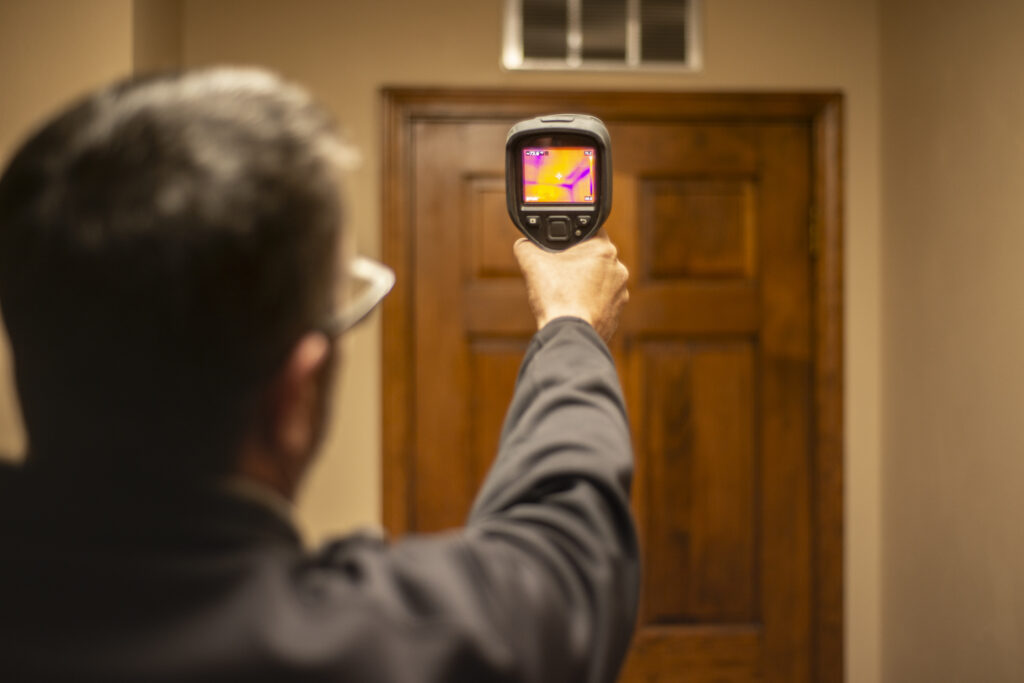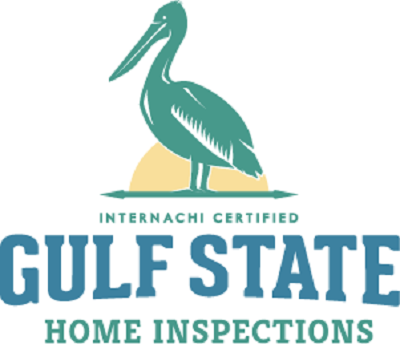When it comes to maintaining a comfortable indoor environment, your HVAC (heating, ventilation, and air conditioning) system plays a key role. While we often focus on the thermostat or the unit itself, the HVAC vents throughout your home are just as important. These seemingly simple components are vital for the efficient distribution of air, whether it’s cool, warm, or filtered air.
In this blog post, we’ll explore the essential functions of HVAC vents, how they affect your home’s comfort, and the importance of keeping them in top shape.
What Are HVAC Vents and How Do They Work?
HVAC vents are openings in your home where air is distributed from your HVAC system. These vents connect to ducts that run throughout the home, allowing for airflow from your HVAC system to rooms or areas in need of temperature control or ventilation.
Your HVAC system works by forcing air through these ducts and out of the vents. Depending on the settings, this air could be warm (from your heating system), cool (from your air conditioner), or filtered air (from your air filtration system).
There are two primary types of HVAC vents:
- Supply Vents – These vents blow conditioned air into rooms, either warm or cool depending on the season.
- Return Vents – These vents pull air from the room back into the HVAC system to be reconditioned and recirculated.
The Importance of Properly Positioned HVAC Vents
Proper vent placement is key to maximizing the efficiency of your HVAC system. Vents should be located strategically in order to maintain an even distribution of air. Typically, supply vents are placed near windows or exterior walls (where heat loss is common) to ensure that conditioned air can combat temperature differences in those areas. Return vents are typically placed centrally, ensuring the air is pulled from the room to be filtered and conditioned.
If vents are improperly placed, air can become stagnant in certain areas of your home, leading to hot or cold spots, inefficient heating or cooling, and even increased energy consumption as your system works harder to maintain desired temperatures.
How HVAC Vents Affect Air Quality
The condition of your HVAC vents can significantly impact the quality of the air in your home. If vents are clogged with dust, debris, or pet dander, it can reduce airflow and circulation, leading to poor indoor air quality. This can be particularly concerning for those with respiratory issues, allergies, or asthma.
Additionally, closed or obstructed vents may cause certain areas to become stuffy or humid, creating an environment conducive to mold growth, which can further compromise air quality.
Signs Your HVAC Vents Need Attention
If you’re noticing any of the following signs, it may be time to inspect or clean your vents:
1. Uneven Temperature Distribution
If some rooms in your home are too hot while others feel chilly, there may be an issue with your vents. This could be due to closed or blocked vents, a malfunctioning thermostat, or problems with ductwork.
2. Strange Noises
If your vents are making unusual noises like whistling, rattling, or squealing, it may indicate a blockage, loose parts, or a need for maintenance. These sounds could also suggest that there’s a problem with the airflow or that the system is under pressure.
3. Poor Airflow
If the air coming from your vents is weak, it could be due to clogged ducts, dirty filters, or the vents themselves being obstructed. Poor airflow reduces the efficiency of your HVAC system, making it harder for your home to reach the desired temperature.
4. Increased Energy Bills
When HVAC vents are not operating efficiently, the system has to work harder to maintain the set temperature, leading to higher energy consumption. If you notice an uptick in your energy bills without a corresponding increase in your usage, your HVAC system may need a checkup.
How to Maintain Your HVAC Vents
Maintaining your HVAC vents is crucial for optimal airflow, energy efficiency, and indoor air quality. Here are some essential tips for keeping your vents in good shape:
1. Regularly Clean the Vents
Dust, pet hair, and debris can accumulate inside the vents and block airflow. At least once every few months, use a vacuum cleaner with a brush attachment to clean the grilles and around the vent openings. You can also use a damp cloth to wipe down the vent covers.
2. Check for Obstructions
Ensure that furniture, rugs, or curtains aren’t obstructing your vents. Air can’t circulate properly if these items block the airflow. For supply vents, make sure they are clear so that air can easily reach the room.
3. Replace Air Filters
Your HVAC system uses air filters to trap dust and allergens before the air is distributed. Over time, filters can become clogged, reducing airflow and air quality. Change your filters every 1-3 months (or as recommended by your system’s manufacturer) to keep the system running smoothly.
4. Seal Duct Leaks
If you notice that air is escaping from the ducts or your vents, you may have a duct leak. Leaking ducts waste energy and reduce system efficiency. If this happens, consider sealing the leaks or calling a professional to have the ducts repaired.
5. Have the System Professionally Maintained
Regular professional maintenance of your HVAC system ensures that all components, including the vents, are operating optimally. A certified technician will inspect the vents, ducts, filters, and the HVAC unit itself to prevent any issues from escalating.
Conclusion: HVAC Vents Play a Critical Role in Home Comfort
HVAC vents may seem like minor components in your home’s heating and cooling system, but they play a critical role in ensuring your home is comfortable and energy-efficient. By regularly cleaning, maintaining, and checking your vents, you can improve airflow, reduce energy consumption, and ensure that your indoor air quality remains at its best.
If you’re noticing any issues with your HVAC system, don’t wait until they become bigger problems. A small issue with your vents could be a sign of something more significant, so staying on top of maintenance is key to keeping your home comfortable year-round.


